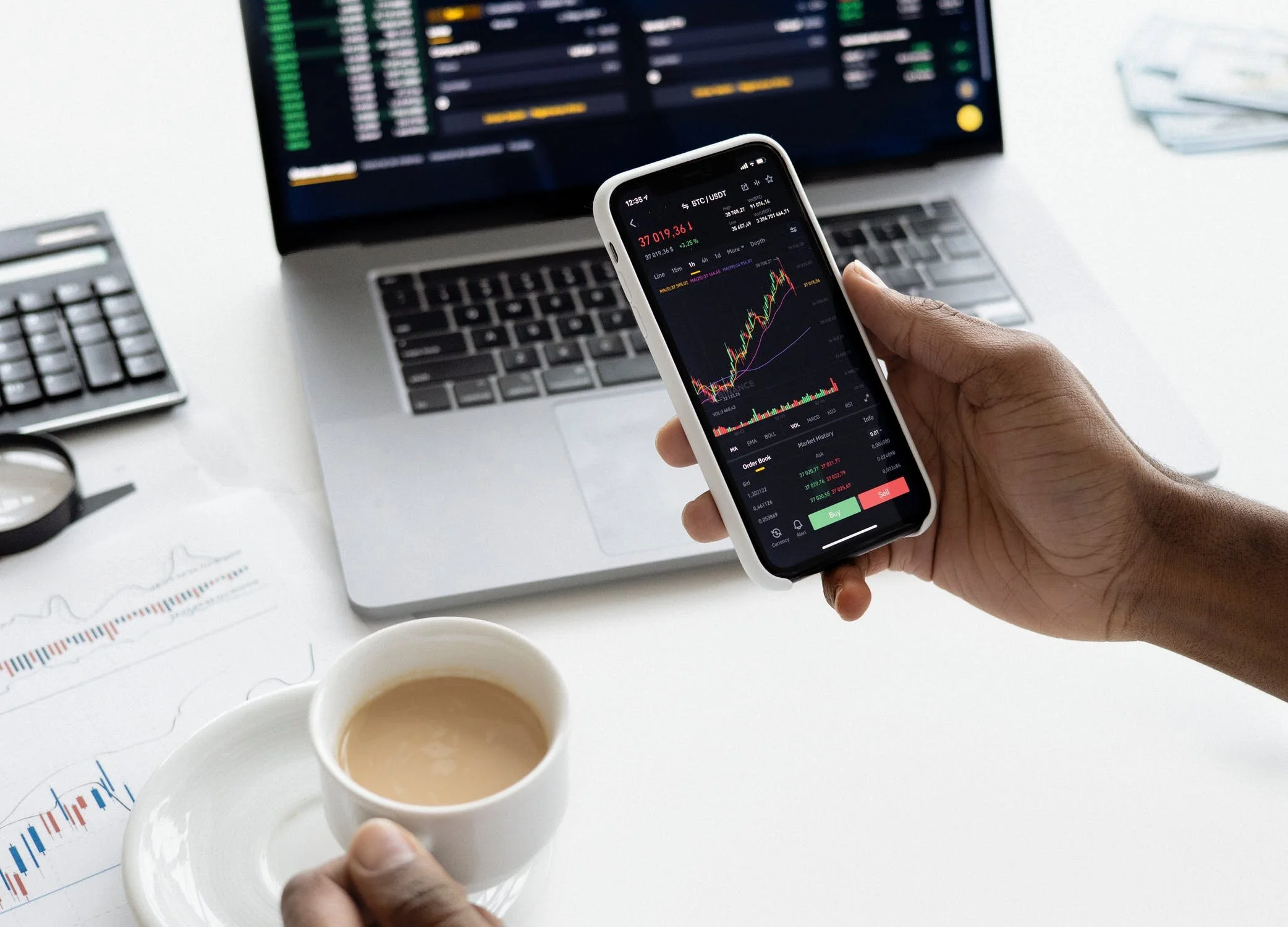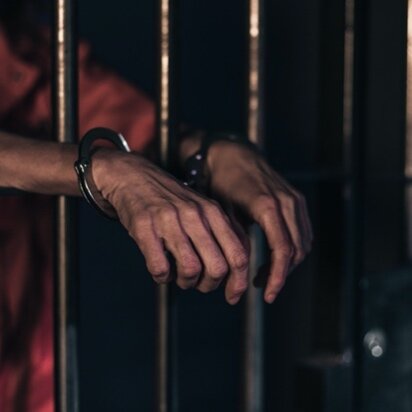The COVID-19 pandemic restructured the ways we think about our politics, our activism, and the obligations our values ought to ask of us. Now at the apparent end of the worst of it--but certainly not the ripples it will yield--it may be worth reflecting on what we might learn about rugged individualism and philanthropy through the lens this past year has offered.
Read MoreThe welfare state has grown increasingly bogged down with inefficient and counterproductive practices. One solution: consolidating the welfare state into a single, empirically-supported system in order to waste less and help more.
Read MoreLa incorporación del Museo Nacional del Latino Americano como un gran paso hacia la educación y representación de los casi 60 millones de personas que viven en los Estados Unidos.
Read MoreLa aparición de COVID-19 ha sido muy impactante en varios aspectos de nuestras vidas. En este artículo vamos a investigar como la pandémica ha impactado estudiantes de Charlottesville, a través de los estudiantes latinos. Sus experiencias son representante de los asuntos causado para los estudiantes de Charlottesville.
Read MoreThe marriage of the once-dissident country genre and the Republican Party, far from natural and long-standing, was manufactured as a part of Nixon’s Southern Strategy.
Read MoreOnline chat boards are a breeding ground for extremist ideology. The newest movement is a resurgence of the 1960s Trotskyist UFO cult known as Posadism.
Read MoreThe Keystone XL has received significant opposition, but after considering its economic advantages and minimal risk, President Biden may want to reconsider his decision.
Read MoreAmericans don’t understand government welfare, and this ignorance has created a dangerous and unfounded stigma against the poor. We have come to conflate welfare with government handouts, and government handouts with poverty, when in reality welfare plays a large role in all of our lives—and an extensive role in the lives of the rich.
Read MoreReproductive justice activists across the United States elected the Biden-Harris administration under the condition they would protect the right to an abortion. Without doubt, abortion is a decisive issue for all voters, yet the issue of abortion is dynamic within political and religious history and took key figures and events to make it as politized of an issue as it is today.
Read MoreIs there a world in which Americans can live with little to no policing?
Read MoreGameStop’s surge in the stock market was an unprecedented event. What does this phenomenon mean for the future of our economy though?
Read MoreJalen Johnson’s recent departure from Duke, and his treatment in the media afterwards, show how NCAA athletes are still being commodified in the face of COVID-19.
Read MoreTwitter’s permanent ban on Trump is dangerous because Twitter as a public forum for sharing unfiltered ideas unjustifiably censors unpopular opinions assaulting freedom of speech.
Read MoreTwenty-Twenty assured a range of experiences and emotions in times without a conventional “togetherness”-- art was this year's best substitute.
Read MoreRadicals see the right problems but find the wrong solutions.
Read MoreThe Virginia Review of Politics stands in solidarity with APIDA communities on Grounds, in Charlottesville, and throughout the country.
Read MoreFanfiction has helped shape the internet as we know it. Here's how it might help legislators shape the future of online censorship laws.
Read MoreVirginia’s felon disenfranchisement laws succeeded in their original purpose. It’s time for a change.
Despite being projected to decrease in the last year before the COVID-19 pandemic hit, the food insecurity crisis numbers looming over our nation’s capital have become even more salient. The problem rests in the maldistribution of resources to historically underserved communities, especially Washington, D.C.’s Black population. In order to achieve a solution to the deeply rooted barriers to food justice, non-profit organizations have been at the forefront of addressing the gaps in the city’s policies through an intersectional lens.
Read MoreThe COVID-19 pandemic has forced schools across the United States to abruptly transition to virtual learning. This change has affected millions of students, but especially those who have unequal internet access, don’t have a safe space at home to do their work, etc. This will have long-term consequences for both students and the education system at large.
Read More



















